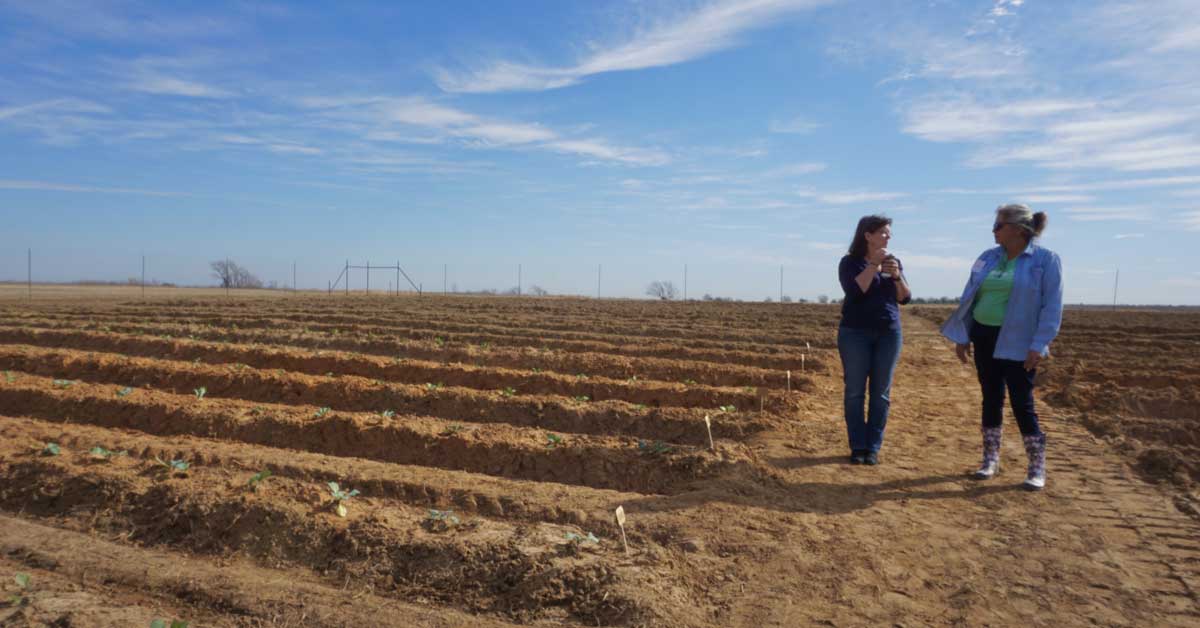Like many, when Steven Hoffen found himself in lockdown due to COVID-19, he wanted to do something meaningful with his time.
Unlike many, he was just 13 years old when he created an award-winning documentary in 2020.
The short film was inspired by a prior trip to Israel in 2019, where Hoffen worked with Sindyanna of Galilee, a nonprofit where Arab and Jewish women work closely together growing produce in hydroponic gardens.
(Hydroponic gardens are a type of soil-less gardening that can be done indoors or outdoors, and are especially helpful for people with very little gardening space to grow herbs and produce.)

He was inspired by this innovative, multi-faith effort to provide food for communities in need, all while bringing together people from different backgrounds and providing economic opportunity to women. So, through a series of remote interviews conducted during the pandemic, his film, “Growing Peace in the Middle East,” was born.
The documentary went on to be featured at over 100 festivals, and Hoffen won Best Young Filmmaker at the Cannes World Film Festival — but something else blossomed out of this storytelling endeavor: a nonprofit of Hoffen’s own, Growing Peace.
Since Hoffen launched the effort, Growing Peace has installed four hydroponic gardens between New York and Tel Aviv.
“I was inspired by their efforts to fund and install a hydroponics garden at a food pantry in Tel Aviv that benefits Eritrean and Sudanese asylum seekers,” Hoffen told Good Good Good in an email.
The Growing Peace system in Tel Aviv feeds up to 600 families of asylum seekers twice a month with more than 2,100 servings of fresh food.
Following that project, Hoffen was able to raise funds to build his first towers in New York City, at Hope House, a facility for formerly incarcerated women.
From there, he supplied a hydroponics garden at the YM/YWHA of Washington Heights, which is used to teach students about sustainability and hydroponics, all while feeding elderly and disabled community members with fresh produce.
His most recent endeavor was developing a partnership with the Mosholu Montefiore Community Center, which services 30,000 people in one of the Bronx’s poorest neighborhoods. The hydroponics garden supplies the food pantry on site.
Hoffen’s three New York-based hydroponic towers produce up to 1,800 pounds of yearly produce and more than 6,300 services of fruits and veggies every year.
Now, that’s a lot of growth.
“I hope to play my part in improving the world by providing healthy and nutritional food where it is less available and sharing a platform that can help teach others to become more aware of the benefits of farming technologies that improve our climate,” Hoffen shares on the Growing Peace website.
Hoffen was also recently awarded a grant from the Diller Teen Tikkun Olam Awards, a foundation that annually selects 15 Jewish teens and awards them $36,000 each.
“All of the money I will receive from the Diller Teen Tikkun Olam Awards will go directly to building and installing more hydroponics gardens to address food insecurity in communities of need,” Hoffen said.
Right now, Hoffen is working with Topeka Sam and the Federal Bureau of Prisons to install gardens that provide folks who are incarcerated with healthy food and educational activities.

Above all, he is most proud of how he has found a way for food and nature to bring people of all kinds together.
The very start of the “Growing Peace” documentary shows a quote that encapsulates all of Hoffen’s work:
“The Earth is what we all have in common.” —Wendell Berry



